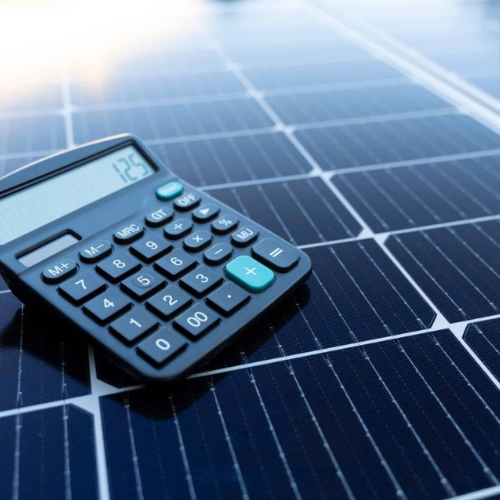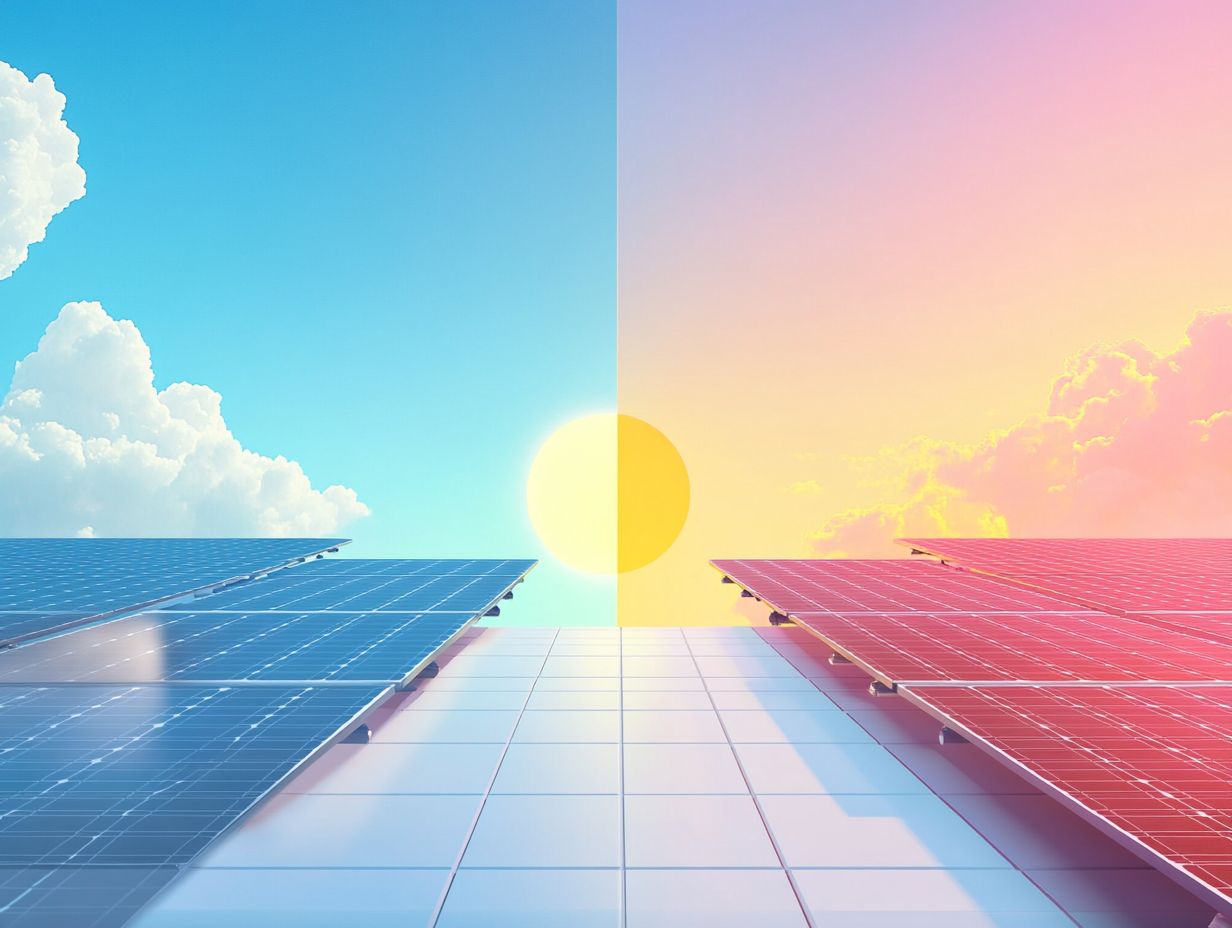Contents
- 1 The Importance of a Solar Assessment for Your Home or Business
- 2 What to Expect During a Solar Assessment for Homeowners
- 3 Benefits of a Solar Assessment
- 4 Preparing for Your Solar Assessment
- 5 Questions to Ask During Your Solar Assessment
- 6 Next Steps After Your Solar Assessment
- 7 Frequently Asked Questions
- 7.1 What is a free solar assessment?
- 7.2 How do I request a free solar assessment?
- 7.3 Are free solar consultations and assessments really free?
- 7.4 What is the purpose of a free solar assessment, in terms of energy sustainability and maximizing photovoltaic systems’ effectiveness?
- 7.5 How long does a free solar assessment and site evaluation typically take?
- 7.6 What can I expect to receive after my free solar assessment and energy consultation?
The Importance of a Solar Assessment for Your Home or Business
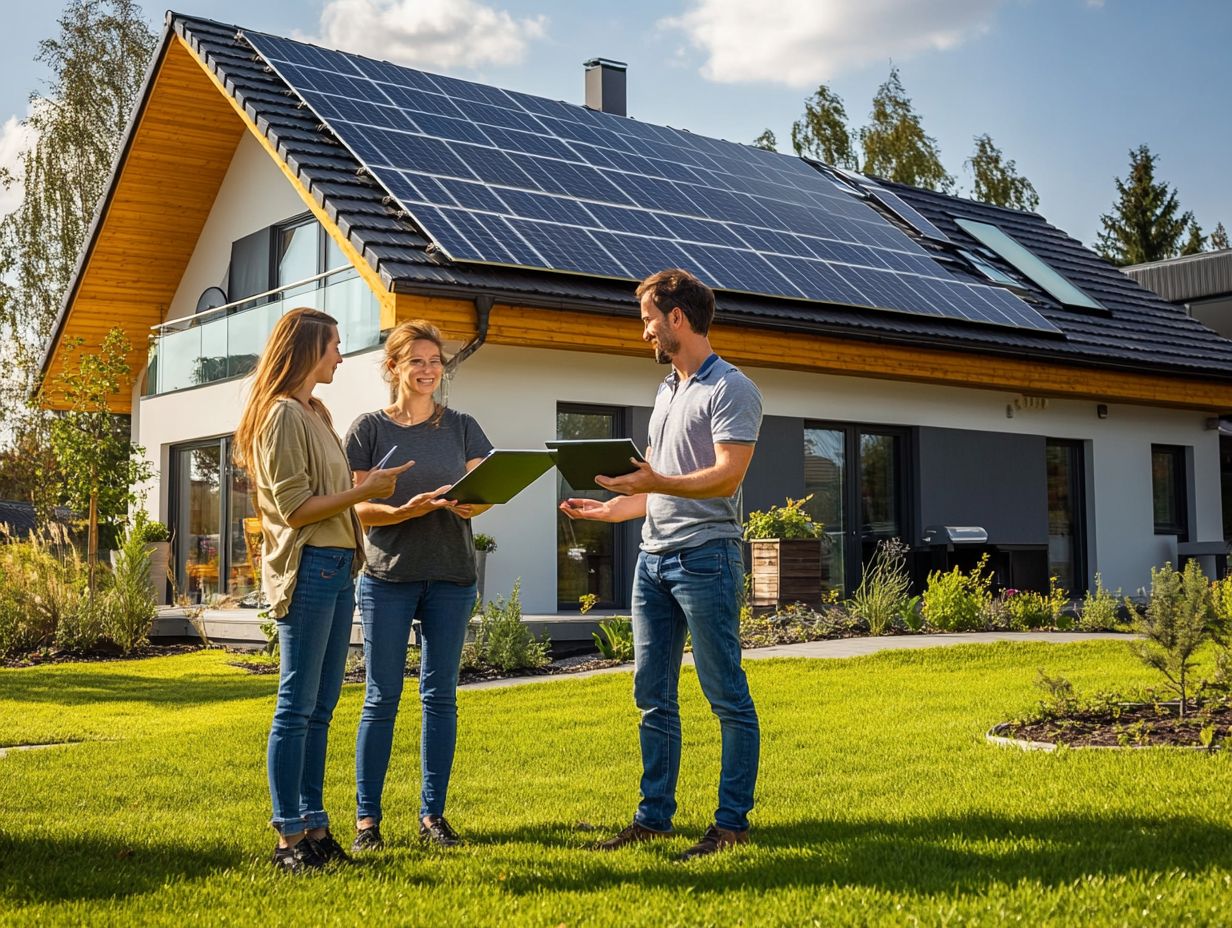
Understanding the importance of a solar assessment is crucial if you want to really tap into the full potential of solar energy for your home or business.
This includes not only your initial solar consultation but also ongoing solar maintenance to ensure your system operates efficiently.
A thorough solar assessment allows you to take a good look at your energy consumption, spot potential solar savings, and figure out the best solar solutions to meet your specific needs. Additionally, it involves a site evaluation to maximize your solar potential.
When you conduct an energy assessment, you’re not only boosting your energy efficiency but also helping to reduce your carbon footprint. This contributes significantly to the broader energy transition to clean technology.
Plus, it opens up a world of solar incentives and government rebates, making your shift to renewable energy both financially smart and beneficial. You might also explore solar grants for additional financial incentives.
Assessing Your Energy Needs
To get the most out of your solar investment, it’s essential to really understand your energy needs, and the best way to do that is through a detailed home energy audit. This audit is a vital part of the residential solar planning process.
This audit looks at various factors like how you use appliances, the quality of your insulation, and your overall household habits.
By gathering all this information, you can pinpoint areas where you can improve, like upgrading to energy-efficient appliances or boosting your insulation.
These efforts enhance your energy performance and contribute to long-term savings. These changes can significantly cut down your energy demands.
Not only will these strategies lower your consumption, but they’ll also enhance the effectiveness of your solar energy system.
For example, a family in California found that after a thorough energy audit, they could slash their energy use by 30% just by making the switch to LED lighting and smart thermostats.
These kinds of improvements, when combined with a well-designed solar setup, ensure that the energy you generate is used efficiently. This increases your solar ROI and energy independence.
This way, you maximize your return on investment while also contributing to a more sustainable lifestyle, further reinforcing your commitment to eco-friendly practices.
King, D. L., Boyson, W. E., & Kratochvil, J. A. (2004). Photovoltaic array performance model. Sandia National Laboratories. Link
What to Expect During a Solar Assessment for Homeowners
When you request a solar assessment, you can expect a thorough evaluation from experienced solar installers. They’ll take a close look at your property, your energy usage, and the solar resources available to you.
The assessment covers a range of factors, like roof orientation, sun exposure analysis, and any local solar programs that might be perfect for your situation. It also includes a photovoltaic analysis to optimize solar panel installation.
Step-by-Step Process
The step-by-step process of a solar assessment usually kicks off with an initial consultation, where you’ll dive deep into your energy usage and the latest advancements in solar technology.
During this first chat, experts will engage with you to get a solid understanding of your energy needs and your sustainability goals, providing insights into solar technology trends and energy strategy.
Once they’ve gathered all the necessary info, they’ll conduct a thorough evaluation of your property. This includes checking out how much sun exposure you get, the condition of your roof, and any potential shading issues.
This careful assessment is super important because it directly shapes the design of a solar system that’s tailored just for your home, including the installation timeline and performance evaluation.
Next, they’ll whip up a customized solar panel layout that considers the energy evaluation results, local regulations, and any available incentives.
Finally, it’s time to schedule the installation. Your solar site survey is also finalized to ensure optimal solar resource assessment and grid connection.
Trained professionals will ensure that every component is installed with precision, so you can enjoy optimal performance and efficiency for years to come.
Benefits of a Solar Assessment
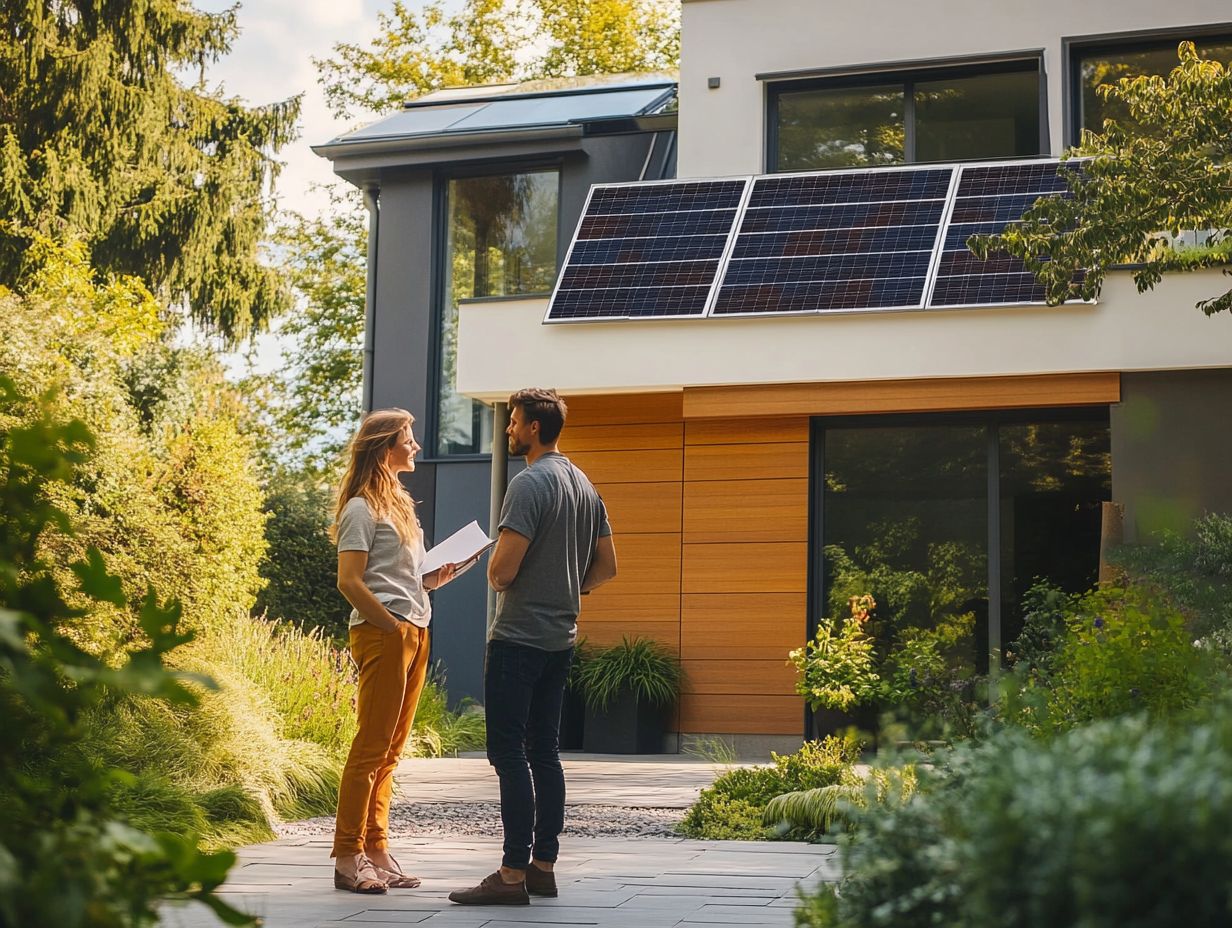
A solar assessment comes with a ton of benefits that can really make a difference in your energy savings and overall utility bills.
It’s definitely a smart investment for any homeowner or business owner like you. By getting a clear picture of your solar potential, you can pinpoint exactly how much you could save and check out different solar financing options that are available to you, including solar quotes and installation estimates.
Maximizing Energy Savings
Maximizing energy savings from your solar investment starts with understanding the costs of installation and the ongoing maintenance needed to keep things running smoothly.
This process involves energy monitoring and power optimization. This knowledge not only helps you make informed decisions but also emphasizes how important regular upkeep is for extending the lifespan of your system.
Here are some effective strategies to enhance your solar system’s performance:
- Schedule routine inspections
- Clean the panels to get rid of any debris
- Monitor power output to spot any irregularities
Calculating your return on investment is crucial. You should take into account local energy prices, available incentives, and potential energy savings. Consider net metering arrangements to further enhance your utility savings.
And here’s a fun fact: studies have shown that proper maintenance can boost energy production by over 20%. Just look at those case studies from California, where families who kept up with their maintenance saw significant savings.
Preparing for Your Solar Assessment
Preparing for your solar assessment is crucial to ensure a smooth and efficient process. This is integral to effective project management and site evaluation.
It all begins with gathering the right information that will help you identify available solar incentives and get solar quotes from different solar energy companies. This is an essential part of the solar consultation process.
What Information to Have Ready
When you’re gearing up for your solar assessment, it’s essential to have some key information at your fingertips, like your recent utility bills and detailed property specs that affect energy consumption.
Think about gathering details on your roof’s orientation, any shading from nearby trees, and historical weather data that could influence how well the solar panels perform.
Such data supports comprehensive solar analysis and energy production analysis. It’s also a good idea to document any energy-efficient appliances you already have and how you use them, since these factors play a big role in your overall energy demand.
To present this data clearly, organize it into categories like solar demand, energy consumption, and installation process. This aids the solar assessment team in determining your solar capacity.
- Energy consumption
- Property details
- Available incentives
- Previous solar assessments or evaluations, if available.
Utilizing charts or graphs can simplify complex information, enabling the solar assessment team to determine how solar technology can effectively meet your energy needs. These visuals can include solar metrics and energy production forecasts.
Questions to Ask During Your Solar Assessment
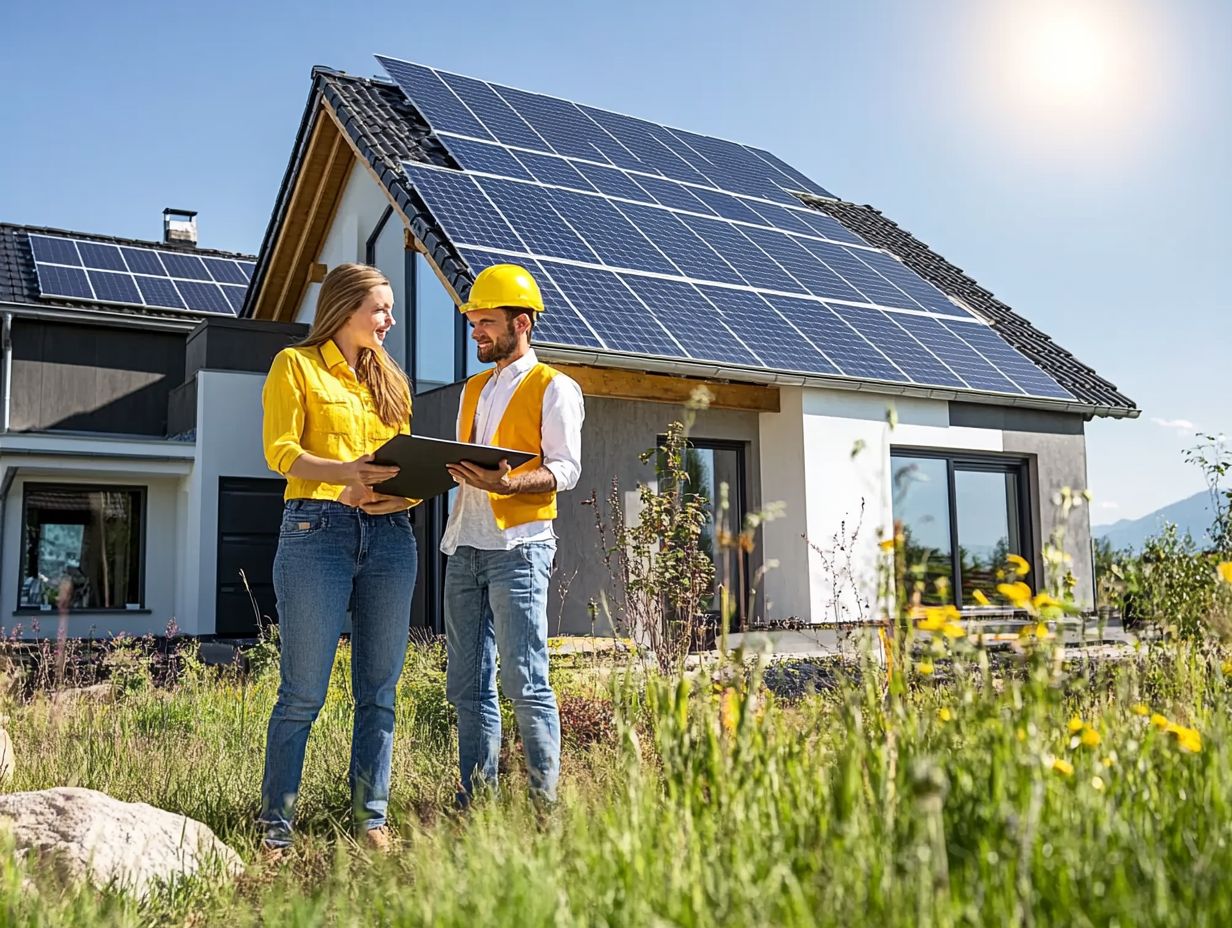
Asking the right questions during your solar assessment is crucial for clearing up any worries you might have about solar financing, installation, and ongoing maintenance with your solar installers.
Discussing photovoltaic systems and solar power systems can also be beneficial.
You want to make sure you have a good handle on everything, so don’t hesitate to speak up!
Clarifying Any Concerns
It’s really important for you to clarify any concerns during your solar assessment, especially when it comes to the solar evaluation process and how it ties into energy efficiency and solar technology. This includes understanding solar industry trends and clean energy applications.
You might be wondering about those initial installation costs, which can definitely feel a bit overwhelming. Consider exploring tax credits and solar grants to alleviate these expenses.
The good news is that there are plenty of financing options available, like loans, leases, and power purchase agreements, which make going solar more accessible for you.
Plus, those potential energy savings can seriously help offset those upfront expenses over time, allowing you to see a nice return on your investment.
By chatting about system efficiency and getting a grasp on how solar panels convert sunlight into electricity, you’ll feel much more confident in your decision, enhancing your understanding of solar panel efficiency and energy sustainability.
These insights not only help ease any worries you might have but also enable you to make informed choices about your energy future.
Next Steps After Your Solar Assessment
Once you finish your solar assessment, the next steps are super important for helping you make a smart decision about your solar energy systems and any potential solar projects you might consider.
Delve into solar research and customer testimonials for further guidance.
In this section, we will outline the key factors you should consider.
Making an Informed Decision
Making an informed decision after your solar assessment means weighing some important factors like solar financing, expected solar performance, and the incentives available to you.
Review energy provider options and solar outreach initiatives for additional insights.
To effectively navigate this process, you’ll want to evaluate all the information gathered during the assessment. Compare the different solar options to find the one that fits your energy needs and budget the best.
Take a good look at each system’s efficiency and see how well it integrates with your current energy consumption patterns. Consider demand response strategies and solar implementation methods for optimal results.
Don’t forget to consider the long-term benefits, too—think energy savings and environmental impact. This way, you’ll not only save money in the future but also play a part in building a sustainable future.
By taking a thoughtful approach to your decision-making—balancing your immediate needs with those future benefits—you can really boost your overall satisfaction and financial savings.
Hoen, B., Adomatis, S., Jackson, T., Graff-Zivin, J., Thayer, M., Klise, G., & Wiser, R. (2015). Selling into the sun: Price premium analysis of a multi-state dataset of solar homes. Lawrence Berkeley National Laboratory. Link
Frequently Asked Questions
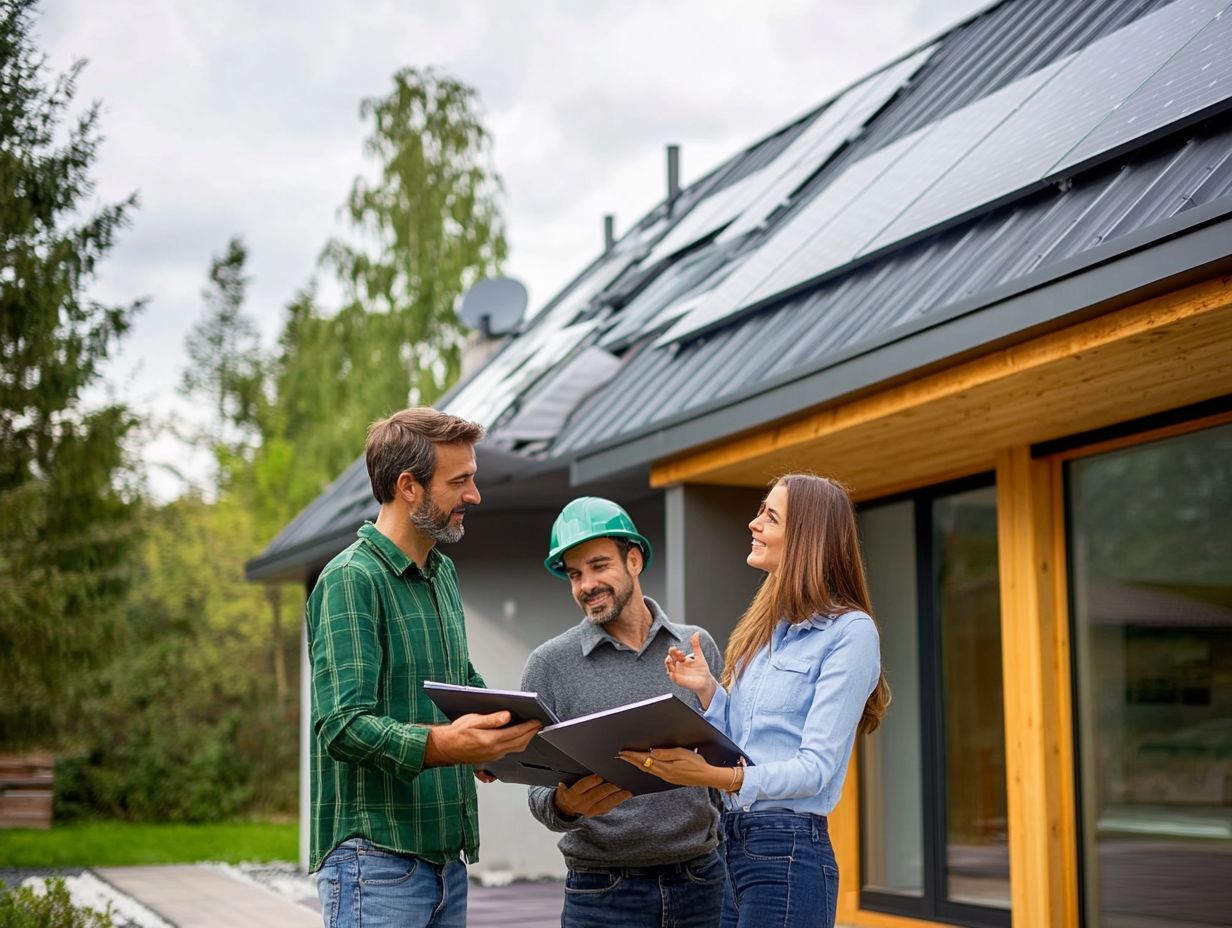
What is a free solar assessment?
A free solar assessment is an evaluation of your property to determine its suitability for incorporating solar energy. It includes aspects like solar resource assessment and community solar opportunities.
It includes a site visit, analysis of your energy usage, and recommendations for a solar system that would best suit your needs.
How do I request a free solar assessment?
You can request a free solar assessment by filling out our online form or contacting us directly. Our dedicated customer service team will be happy to assist you. Our team will schedule a site visit and gather necessary information to provide you with an accurate assessment.
Are free solar consultations and assessments really free?
No, our free solar assessments and solar consultations are free of charge with no hidden fees, ensuring transparency in our solar financing options. We believe in providing transparent and honest information to our customers without any financial obligations, promoting energy independence and energy sustainability.
What is the purpose of a free solar assessment, in terms of energy sustainability and maximizing photovoltaic systems’ effectiveness?
The purpose of a free solar assessment is to educate you on the benefits and cost savings of transitioning to solar energy and renewable energy. It also allows our team to gather specific information about your property to design a customized solar system tailored to your energy needs, optimizing for energy efficiency and energy savings.
How long does a free solar assessment and site evaluation typically take?
Typically, a free solar assessment and site survey takes about 1-2 hours, depending on property complexity.
What can I expect to receive after my free solar assessment and energy consultation?
After your free solar assessment, you can expect to receive a detailed report outlining our findings and recommendations. This will include an installation estimate and solar quotes, along with an estimated cost for solar panel installation.
Our team will also be available to answer any further questions you may have about transitioning to solar energy, offering insights into solar incentives, tax credits, and long-term savings through solar energy solutions. Contact us today to learn more!


